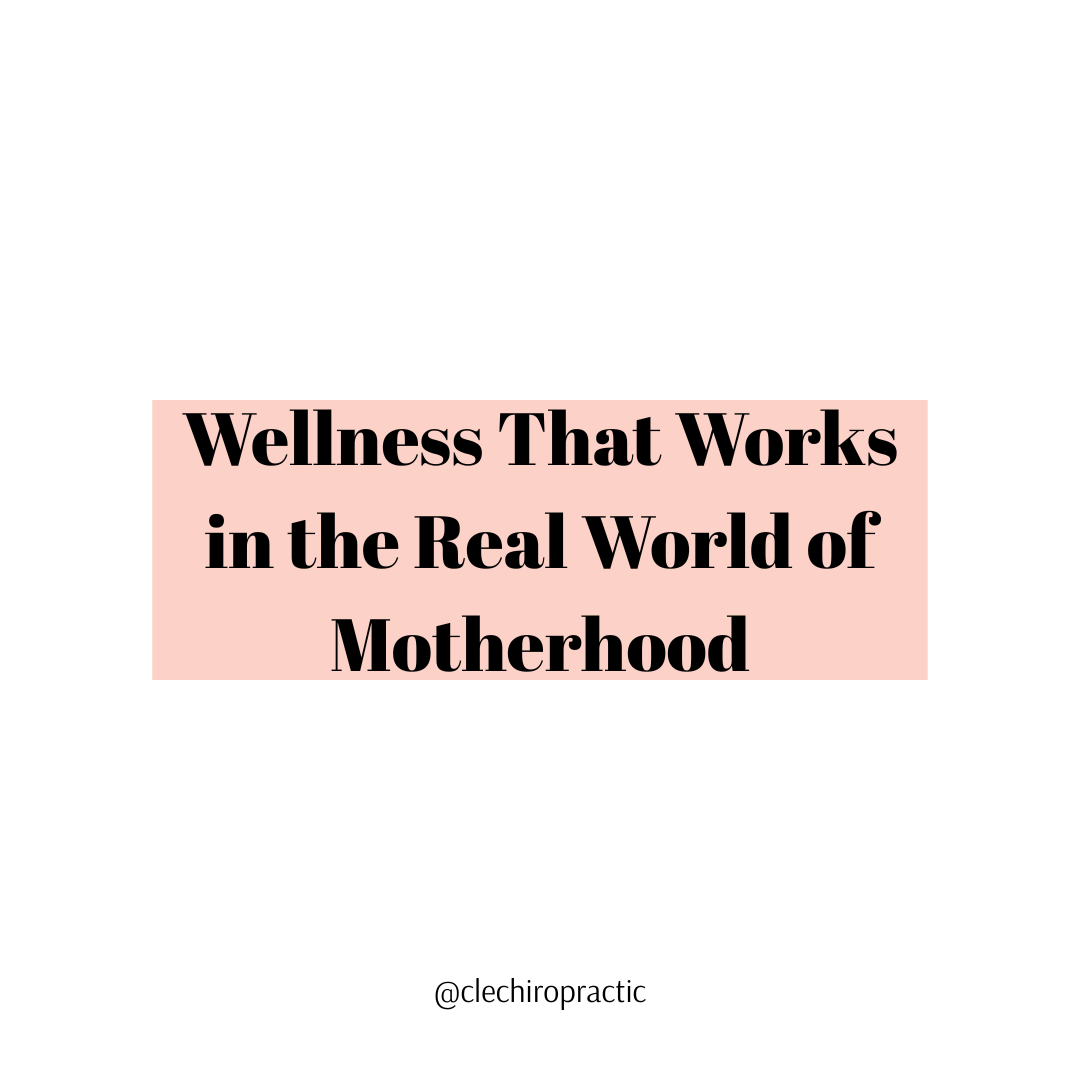Post-Acupuncture Care: What to Do After Your Session
You’ve just completed your acupuncture session—wonderful! To help your body benefit from the treatment and continue healing, here are some simple tips on what to do (and what not to do) afterward.
1. Take It Easy
After your session, it’s important to allow your body time to process the changes acupuncture has made. You might feel a little tired or spacey. Try to avoid intense physical activity like heavy exercise, strenuous work, or running a lot of errands. Gentle walks, stretches, gentle yoga flow can be a good way to spend the day. Life remains busy so if you cannot always take it easy after an appointment it is okay!
2. Hydrate and Eat Light
Your body’s energy systems have been activated, so it’s a good idea to nourish yourself with easily digestible, wholesome foods. A warm soup, steamed vegetables, or some rice and lean protein can help restore balance. Avoid heavy, greasy, or processed foods, which might weigh you down. Drink plenty of water as acupuncture helps move energy and can release toxins from your system, and hydration helps this process. It can be good to drink warm water with lemon or herbal tea.
3. Allow Yourself to Rest
Acupuncture can leave you feeling relaxed, sometimes even a bit tired. That’s totally normal! It’s your body shifting into healing mode. If you’re feeling a bit worn out, take a nap, or plan for an earlier bedtime. Your body is doing important work, so let it rest and recharge.
4. Tenderness and Sensitivity
You might notice some tenderness or achiness at the sites where the needles were placed. This is completely normal and can even be a sign that the treatment is working to release tension and improve circulation. Any discomfort should fade within a day or two.
5. Take Note of Any Changes
After acupuncture, you may notice subtle shifts in your body, mood, or energy levels. You might feel more grounded, clearer, or even a little emotional—this can be part of the process as your energy shifts and the body releases what it no longer needs. Jot down any thoughts or sensations you experience.
This could be your body clearing out old patterns, emotional or physical.
If you ever have any questions or feel unsure about how to care for yourself after your sessions, don’t hesitate to reach out!
.





